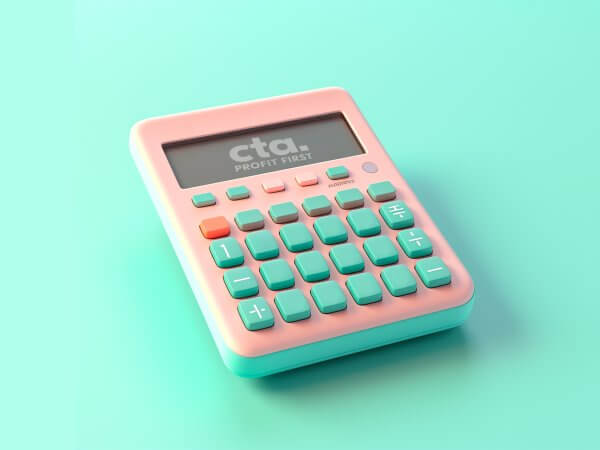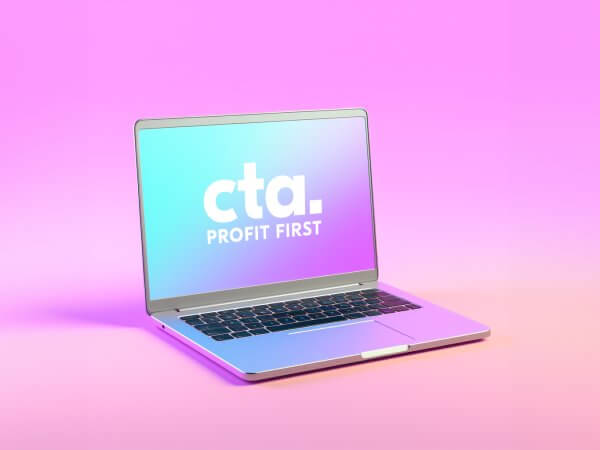Funding for small business
Jump to:

Funding for small business
As I write this article, the world is going through Covid-19. If you are lucky enough to be a small business that has survived one of the biggest economical challenges our world has ever seen then hats off to you. If however, you are reading this during the storm, then you are in the right place to explore what funding for small business is available.
Funding options for small business
These are the main funding options available to businesses;
- Government grants
- Business interruption loans
- Standard bank loans
- Business overdraft
- Business credit cards
- Factoring arrangements

Government grants
Naturally, when it comes to funding for small business, owners would rather receive a grant versus a business loan. The key difference is that a grant does not need to be repaid. The grants are essentially available to business owners that qualify for Small Business Rate Relief. This means that even if you do not pay business rates you can still qualify for a £10,000 grant if you qualify for SBRR. The grants can be as high as £25,000 depending on your rates liability and business sector.
How to apply for the £10,000 to £25,000 government grant?
There is no formal process to apply. Your local authority will contact you directly if you qualify from April 2020.
Business interruption-loans
As part of the new government measures, it was promised that more money would be available to businesses around the UK. You can find a list of the banks that are part of the British Business Bank network here and find out how to apply.
Other forms of finance
The usual forms of finance listed above are still available to business owners. At Cheltenham Tax Accountants we use Capitalise to compare the market for you and see what options are available.
Other tips to increase cashflow
When it comes to business, we all know that cash is king. Outside of funding, there are many other things you can do as a business to increase your cash.
- Review personal and business expenses
- Defer supplier payments
- Look into HMRC time to pay
- Plan ahead by using cashflow forecasts
- Reduce your payments term for customers
- Delay any nonessential expenditure such as capital equipment
- Reduce your personal drawings from the business
- Review your VAT scheme
Covid-19 / Coronavirus
We have put together resources for you to best deal with the current economical situation. You can sign up to receive email updates on the situation and how it affects small businesses HERE.











